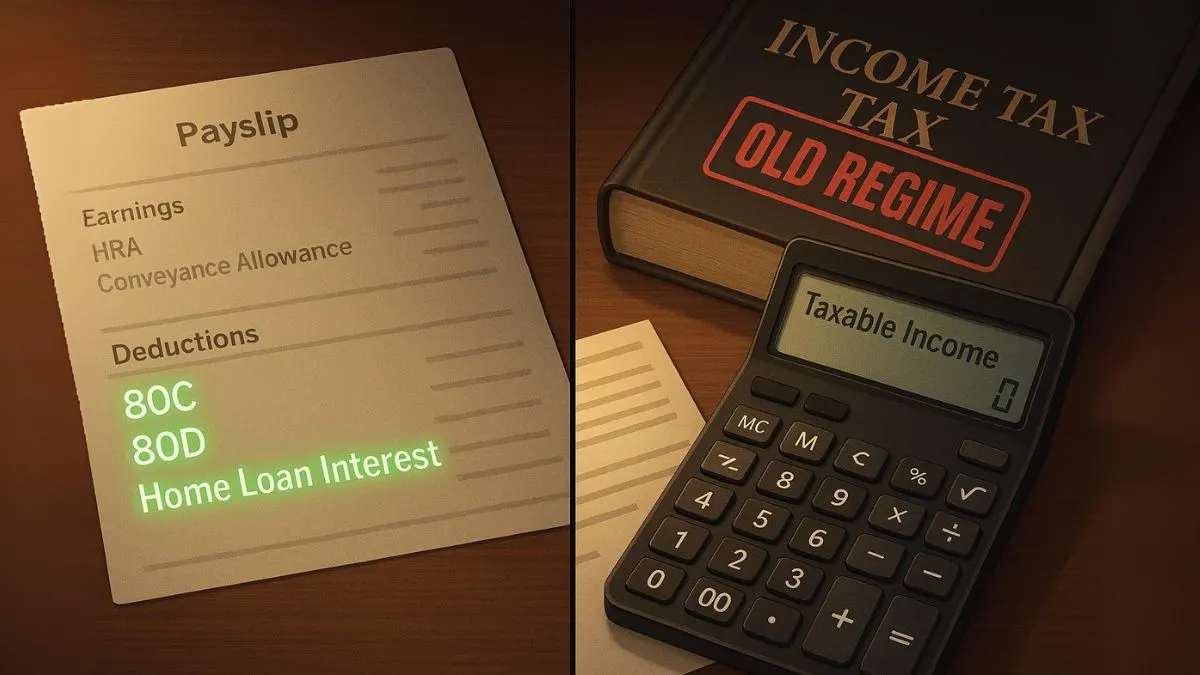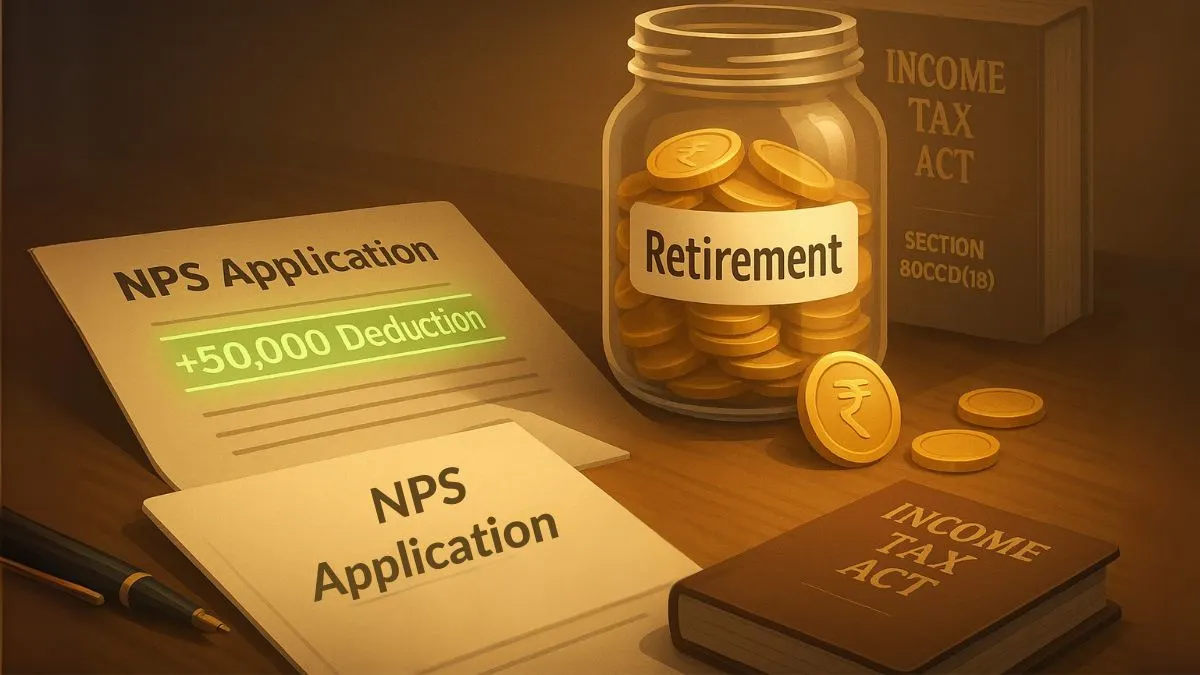
Education today is not just about learning—it is an investment for a brighter future. With rising tuition fees in India and abroad, many students and families rely on education loans to fulfill their academic aspirations. Whether it’s an MBA, engineering, medicine, or even courses overseas, education loans have become an integral part of financial planning.
The government of India has recognized this need and provided tax relief to borrowers. Under the Income Tax Act, 1961, Section 80E provides tax deductions on the interest of an education loan. This means you not only fund your higher studies but also enjoy tax savings at the same time.
What is Section 80E of Income Tax Act?
Section 80E of the Income Tax Act, 1961 specifically deals with tax benefits on education loans.
Here’s what it allows:
- You can claim a deduction of interest paid on a loan taken for pursuing higher education.
- This deduction is available for both the student & the parent who has taken the loan.
- There is no maximum deduction amount that can be claimed against an education loan—you can claim the entire interest paid during the eligible period.
- The deduction is available for eight consecutive assessment years, starting from the year in which repayment begins, or until the entire interest is paid, whichever is earlier.
Thus, Section 80E allows tax benefits on the interest paid for education loans, making higher education more affordable.
Eligibility Criteria
To claim education loan tax benefit under Section 80E of the Income Tax Act, certain conditions must be met:
- Type of Loan: Must be taken from a financial institution or approved charitable institution. Loans from friends or relatives don’t qualify."
- Purpose: Loan should be taken only for higher education (in India or abroad).
- Eligible Persons: Deduction is available to the individual who has taken the loan, either for self, spouse, children, or a legal ward.
- Components Covered: Only the interest portion of the loan qualifies for deduction, not the principal.
- Duration: Deduction is available for 8 years or until the interest is fully paid.
Also Read: Extra Deduction on Home Loan Interest for First-Time Buyers
Benefits of Education Loan under Section 80E
- No Upper Limit on Deduction: Unlike Section 80C where the limit is ₹1.5 lakh, there is no maximum deduction amount under Section 80E.
- Covers Domestic & Foreign Education: Whether the loan is for studying in India or abroad, the benefit applies.
- Encourages Higher Studies: Makes it financially feasible to pursue advanced courses.
- Tax Savings for Parents: If parents repay the loan, they too can claim deduction.
- Boost to Professional Growth: Encourages students to take up high-value courses without financial worry.
Example
Let’s understand with an example:
Riya took an education loan of ₹20 lakh for her MBA in the USA. Her EMI includes ₹2.5 lakh interest per year.
- If she repays over 8 years, the total interest could be ₹20 lakh.
- Under Section 80E of the Income Tax Act, 1961, she can claim deduction of the full ₹2.5 lakh interest every year.
- This means she enjoys tax savings on the entire interest portion, with no maximum deduction amount.
Education Loan vs Other Tax-Saving Instruments
|
Feature |
Section 80C |
Section 80D |
Section 80E |
|
Type of Expense |
Investments (PPF, ELSS, etc.) |
Medical Insurance |
Education Loan |
|
Deduction Limit |
₹1.5 lakh |
₹25,000–₹1,00,000 |
No Limit |
|
Covers |
Principal & Investments |
Premiums |
Interest on Education Loan |
|
Duration |
Annual |
Annual |
8 years from start of repayment |
Clearly, Section 80E provides unmatched flexibility compared to other sections.
Practical Scenarios
- Parents Taking Loan: If a parent takes an education loan for their child & pays the EMIs, they can claim deduction.
- Students Taking Loan: If the student is employed & repaying the loan, they can claim deduction."
- Overseas Courses: Education loan taken for courses like MS, MBA, or PhD abroad also qualifies.
Key Points to Remember
- Only interest on education loan is deductible.
- No benefit on principal repayment.
- Deduction available for maximum 8 years.
- Loan must be from a recognized financial or charitable institution.
- Deduction can be claimed only by the individual who has taken the loan.
Also Read: Save Taxes While Funding Higher Education
Why Education Loan Benefit Matters
In a country like India, where higher education often comes with a hefty price tag, this provision is a blessing. It:
- Reduces financial stress on families.
- Encourages students to pursue global opportunities.
- Provides tax relief for middle-class taxpayers."
- Makes education an investment, not just an expense.
Conclusion
An education loan is more than just financial assistance—it’s a gateway to opportunities. With the help of Section 80E of the Income Tax Act, 1961, taxpayers can claim deductions on the interest of education loans. The fact that there is no maximum deduction amount that can be claimed makes it one of the most beneficial tax-saving tools available.
Whether you are a student or a parent, Section 80E allows tax benefits on the interest paid for education loans, supporting your academic journey & reducing your tax burden.
💡 Planning to take an education loan or want to claim deductions under Section 80E?
Visit Callmyca.com – where our experts simplify tax laws and help you save the maximum while securing your future.










